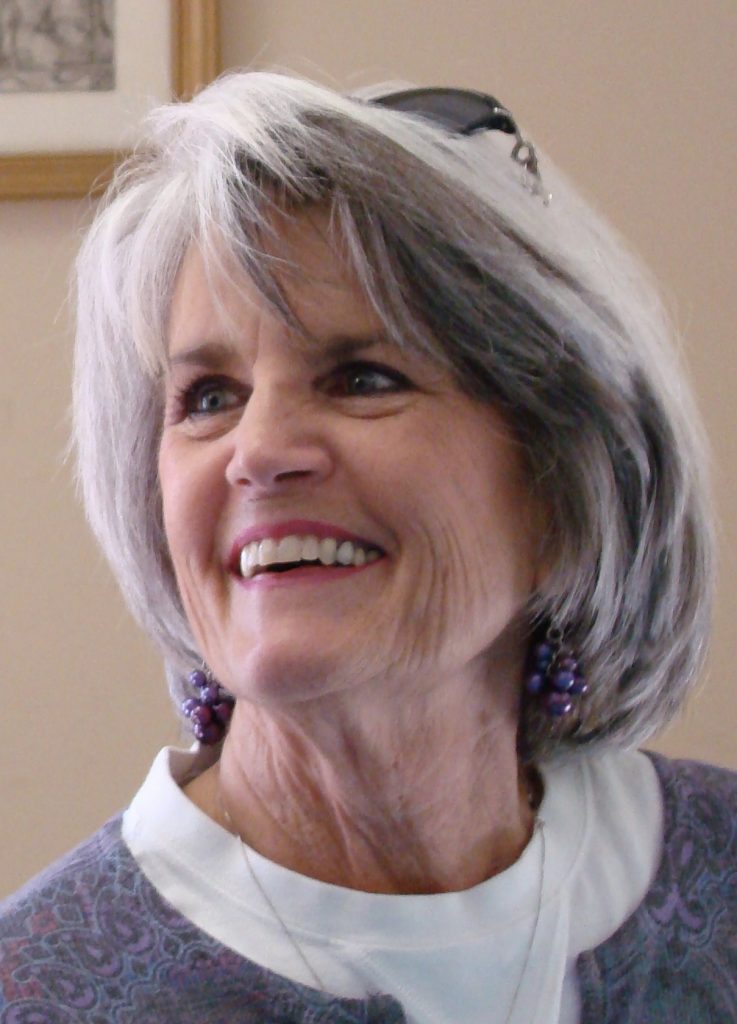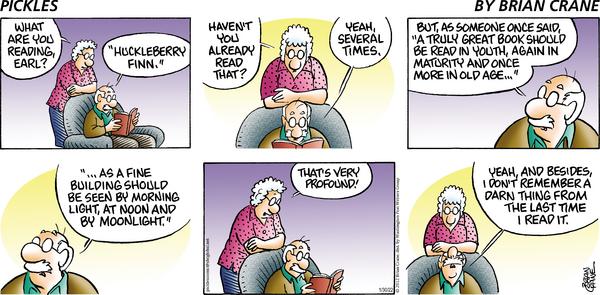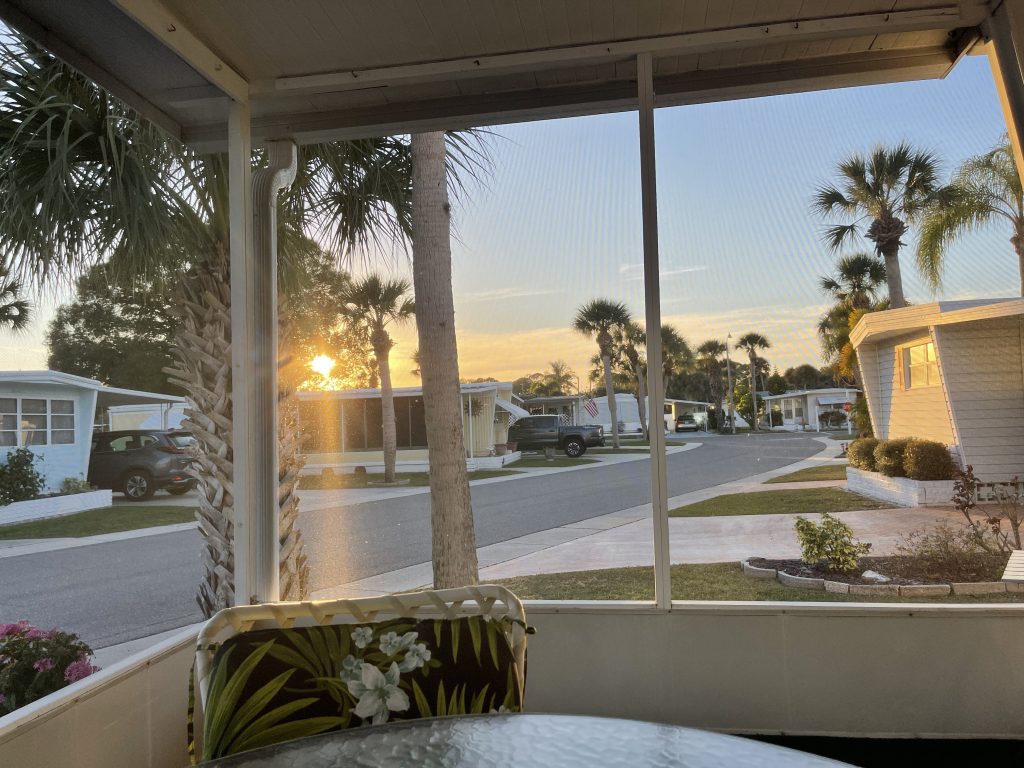
Myth of a Safe Place
“Do not trust in these deceptive words: ‘This is the temple of the Lord, the temple of the Lord, the temple of the Lord.’” Jeremiah 7:4 ESV
I do not know anyone who is unconcerned about children’s safety. Safety is paramount in our society. What differs today from past decades is pervasive distrust. In the parenting phase of our life (60-80’s) there were places we trusted as safe places for our children — family, church, neighborhood, school — cautious, sometimes suspicious, our default was trust. Social and cultural changes in the intervening decades, shifted parental default, for good reasons, to distrust. Each default has negative consequences. Negative results of naive trust are obvious. Distrust, though less obvious, has negative consequences of a different nature. What both have in common is the misconception that there are safe places for children. Safe places are a myth. Wide spread evidence clearly establishes occurrences of sexual abuse in places thought to be safe. A reality that can produce unhealthy paranoia and paralysis.
Of course, no organization would declare itself unsafe, but it is disingenuous to portray themselves as safe. Establishing policies and procedures to assure safety; all necessary t0 protect organizations in a litigious society, ultimately fail to achieve a 100% safe place.
Thinking about commercial airlines may be helpful. Flying is a risky business. I’ve never flown and not thought about the possibility of crashing, but I fly without fear. Airline procedures inherently communicate the possibility of crashing, pre-flight instructions — fasten seat belts — in case of emergency… et al. You can even buy life insurance at the gate. Passengers converse about the possibly of crashing. As far as I can tell, no major airline proclaims to be safe (except for COVID 19). No matter how low the probability, there is no question of their concern and awareness of the possibility of crashing. Measures to make flights safe are obvious. Risk is a part of normal conversations, as a result, passengers and employees are aware and vigilant.
Airlines are diligent about safety policy and procedures but do not claim, or imply, no risk. Transparency prompts responsibility which gives passengers confidence in their safety. Risk can never be eliminated but can be minimized.
Sadly, human organizations… communities, neighborhoods, churches, families… cannot eliminate sexual abuse.
Taking cues from commercial airlines, following are suggestions on how churches can become safer communities.
- Educate leadership, staff and congregants on the prevalence of sexual abuse and its impact on individuals and society.
- Create a community ethos defined by concern for safety — offering reliability, honesty, and credibility.
- Eliminate all pretense of being a safe place.
- Understanding their limitations, develop and implement appropriate prevention policies and procedures.
- Cultivate and reward communication that encourages consistent and healthy dialogue about sexual abuse.
- When prevention fails, respond with transparency.
- Always make compassion for victims the first priority.
In the course of thinking about the myth of a safe place and developing a framework for safer communities, there were numerous contributors of ideas and thoughts worthy of sharing for further consideration developing and maintaining safer communities.
The bigger the church, the less transparency when things go wrong. And the greater the harm done.
Matt Redmond
Language has power. How we speak to each other is the medium through which a more positive future is created or denied. As we engage in conversation the questions we ask and the speaking that they evoke constitute powerful action. The questions we ask will either maintain the status quo or bring an alternative future into the room. The Answer to How Is Yes – Peter Block
More than anything else, being able to feel safe with other people defines mental health; safe connections are fundamental to meaningful and satisfying lives. Being validated by feeling heard and seen is a precondition for feeling safe…
There is ultimately a (steep) pastoral cost to be paid for being a community that serves individuals and communities only in the aftermath of their wounding. The question that many victims of trauma ask the church is not “where are you now?” but instead ask “why didn’t someone protect me or prevent this from happening to me?”.
…ecclesial communities can pivot from being primarily the field hospital [reactive] towards becoming an exponentially impactful agent for the transformation of its own life and the larger society in which it is located.
While moral injury is not a clinical diagnosis it is recognized in the clinical literature that there is a concrete need of something akin to forgiveness and remission of the things that to the individual are wrong or sinful.
…by centering the traumatized and the vulnerable in our communities we are able to better identify with the God who meets us in our woundedness still bearing his wounds, and can come alongside those most susceptible to injury as defenders and interrupters that push back the darkness.
Theology of Prevention – Michael Hanegan
Assigning individual blame gives to the public an illusion of safety and preventability, whilst isolating an already often guilt-ridden traumatized individual.
The Christian community’s own response can socially exacerbate trauma, where, “religious and spiritual beliefs change from a possible source of healing to another weapon in an overwhelming onslaught
A true theology of compassion must embrace a theology and practice of lament, both for the traumatized individual and community.
…friendship may be refused in the malaise of an individual’s trauma, it is better the offer be present than absent. Even from a distance it can be comforting to realize that a special community is orientating its practices because it acknowledges your pain; that fact alone can be immensely winsome for post-traumatic social re-integration.
Pastoral sensitivity to the needs of traumatized congregants will give apt direction to a form of worship which duly acknowledges the weight of burden that, some will feel, defies being translated into speech. Such sensitivity may avoid the pressure that most Evangelical forms of worship, requiring audible/cognitive participation for the worshipper to feel a co-participant, can create. This can be due either to incessant singing of praise choruses or a demanding cognitive focus on verbal preaching.
“Trauma, Compassion, and Community” – Roger P Abbott
It is apparent to me that the challenge of building safer communities encompasses more than policies and procedures and will necessitate re-thinking fundamental assumptions. Churches will be faced with a need to examine assumptions about every aspect of their faith. Which, in part, explains the continued epidemic of sexual abuse in faith communities.
STILL ON THE JOURNEY



